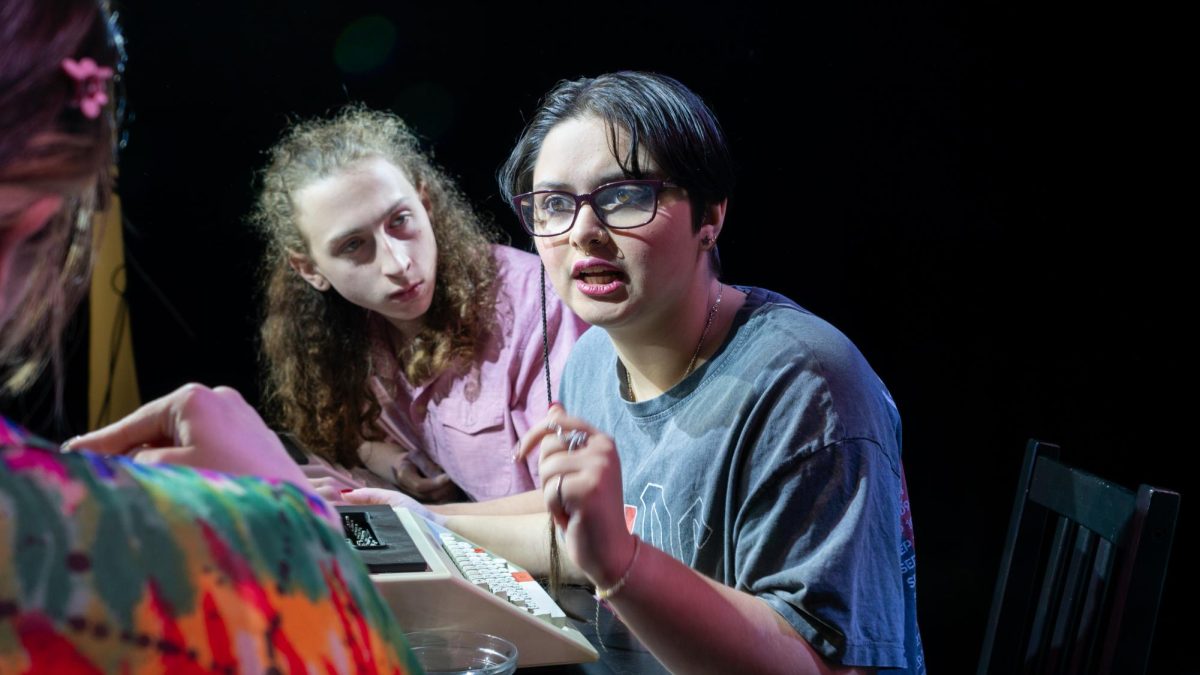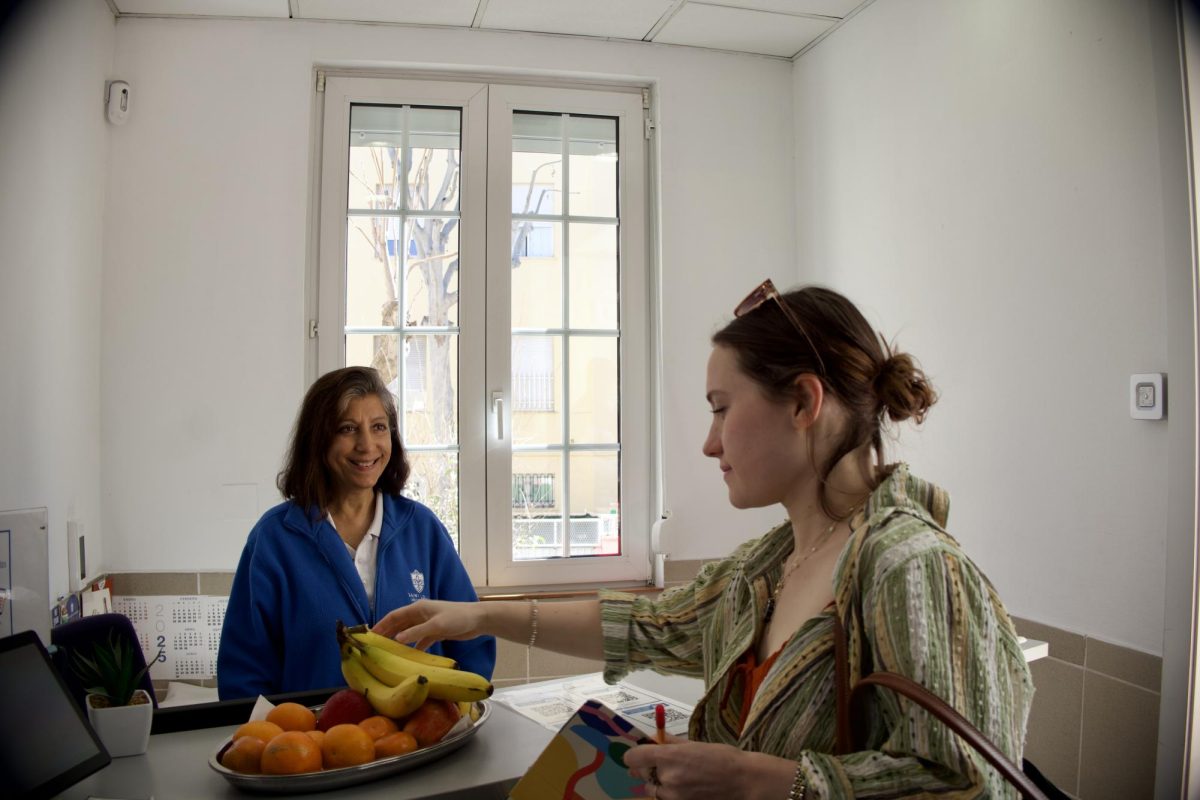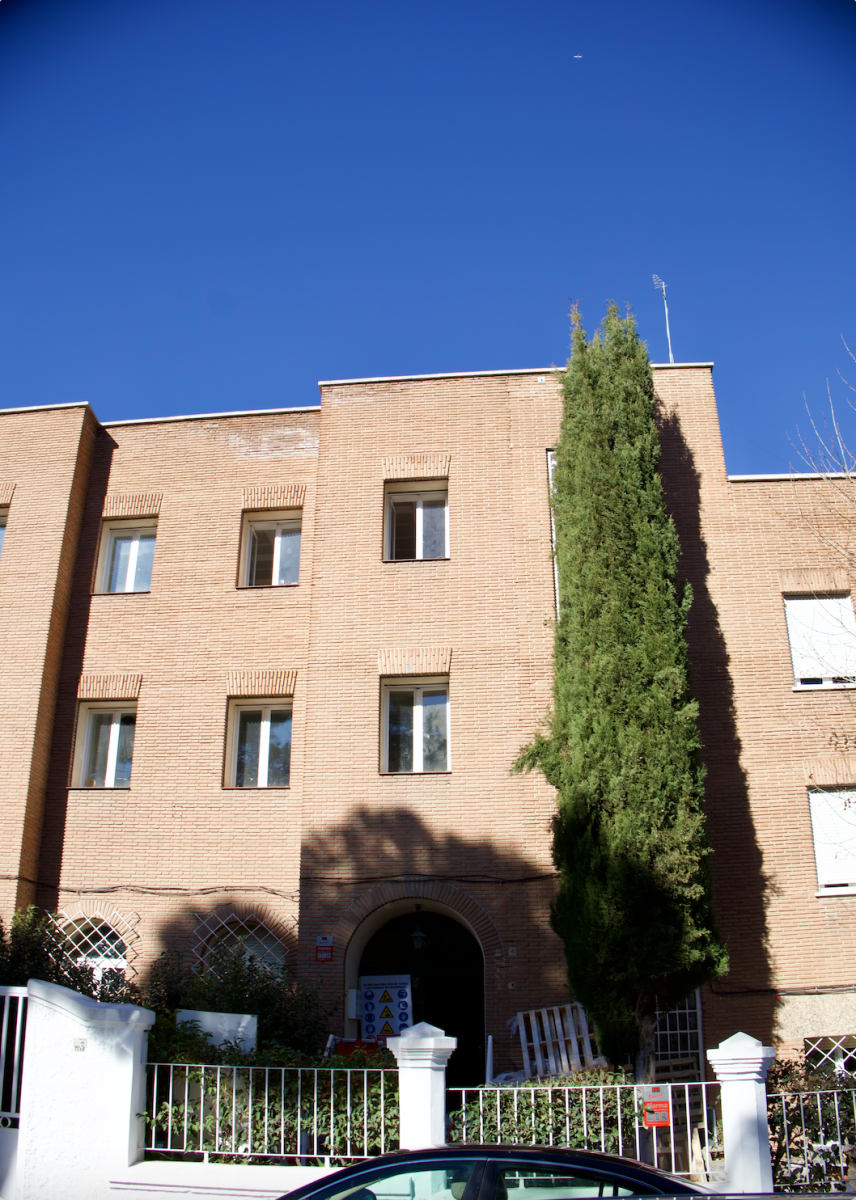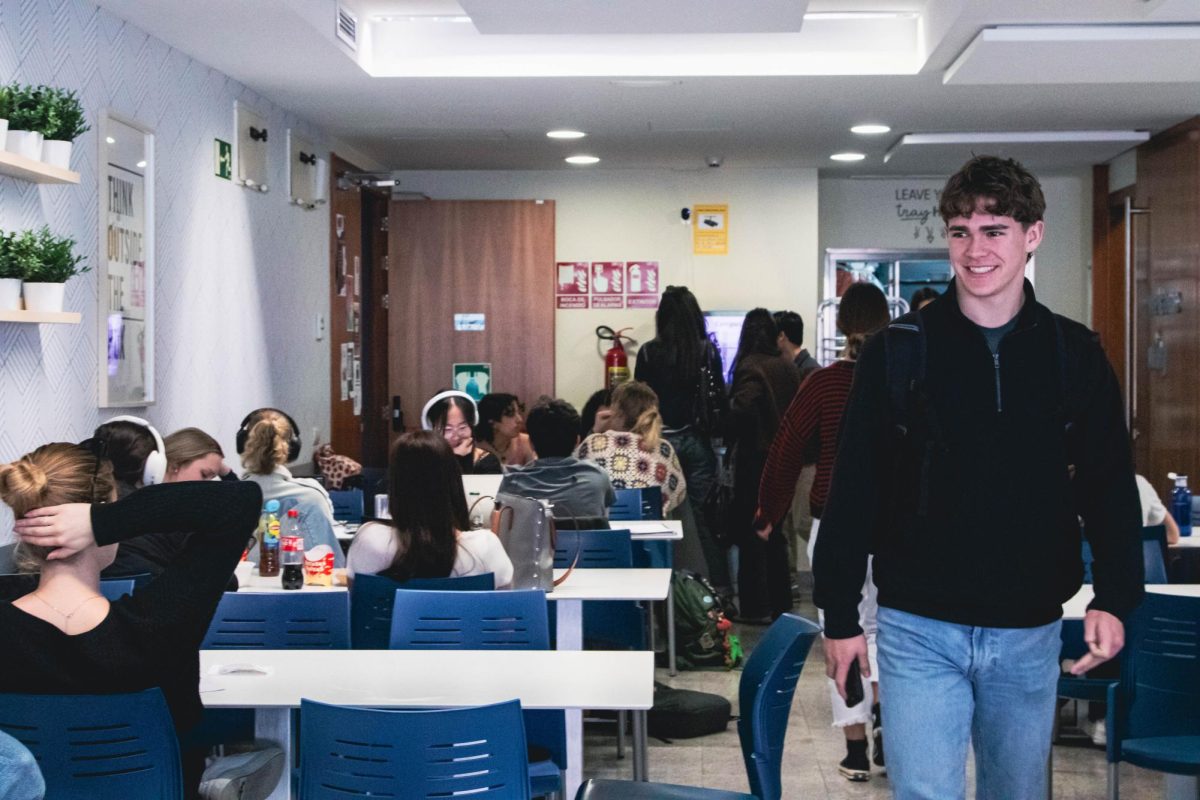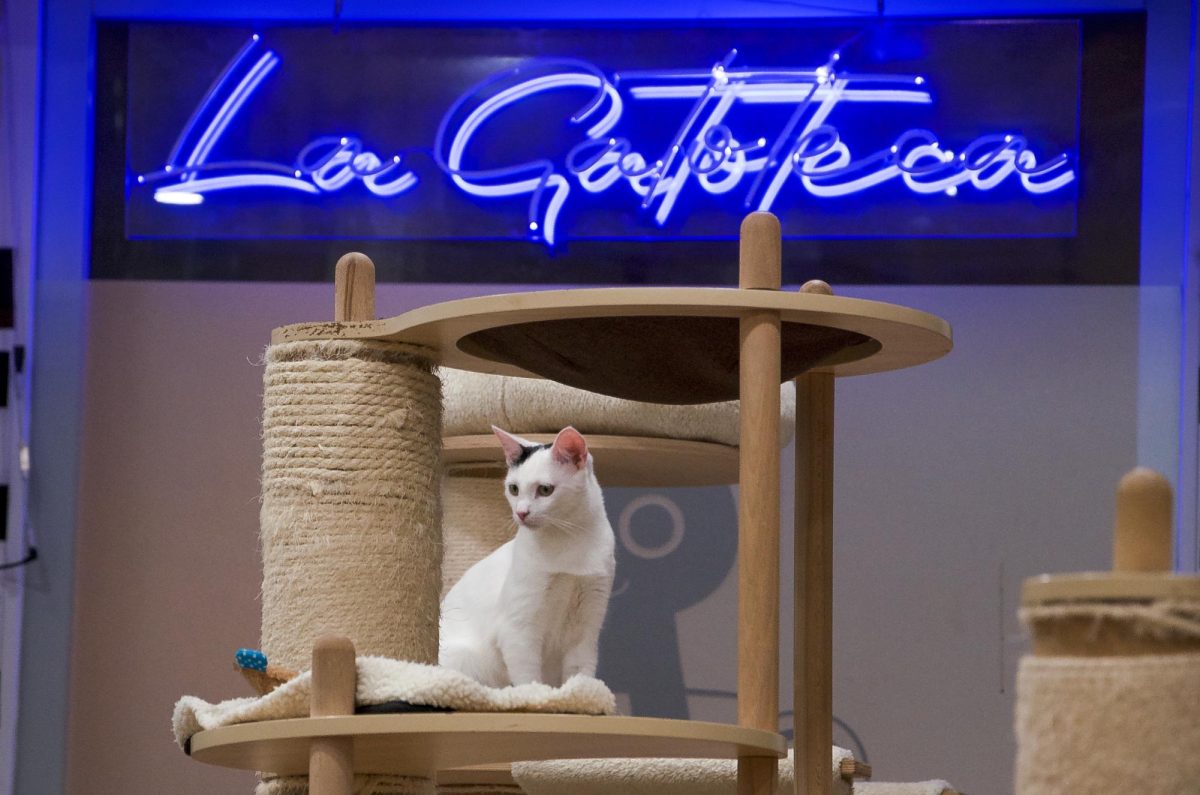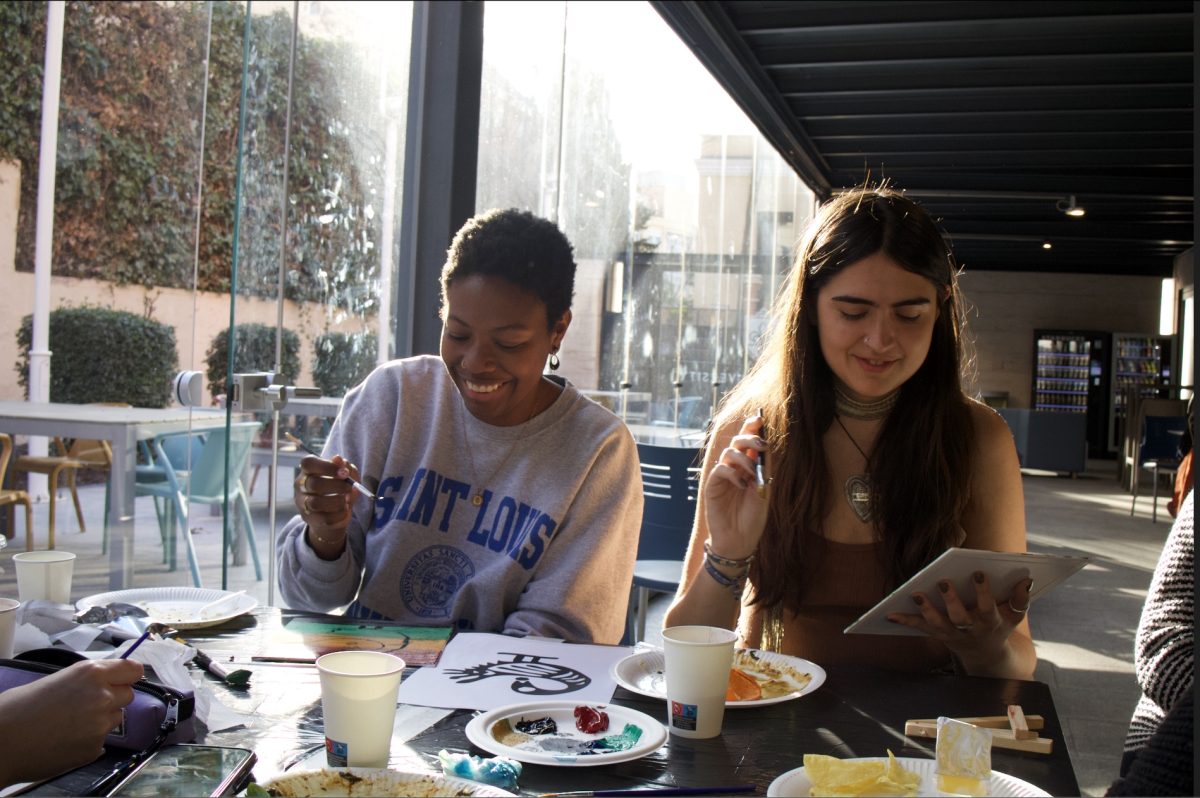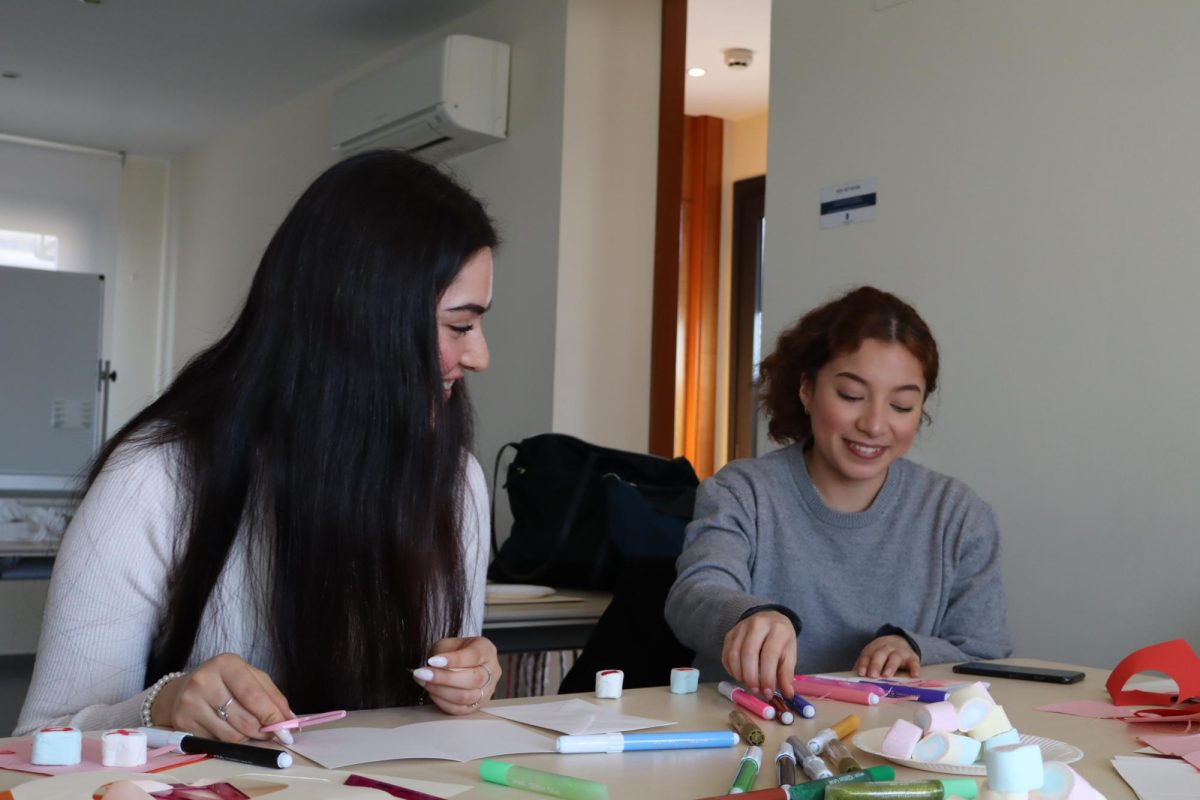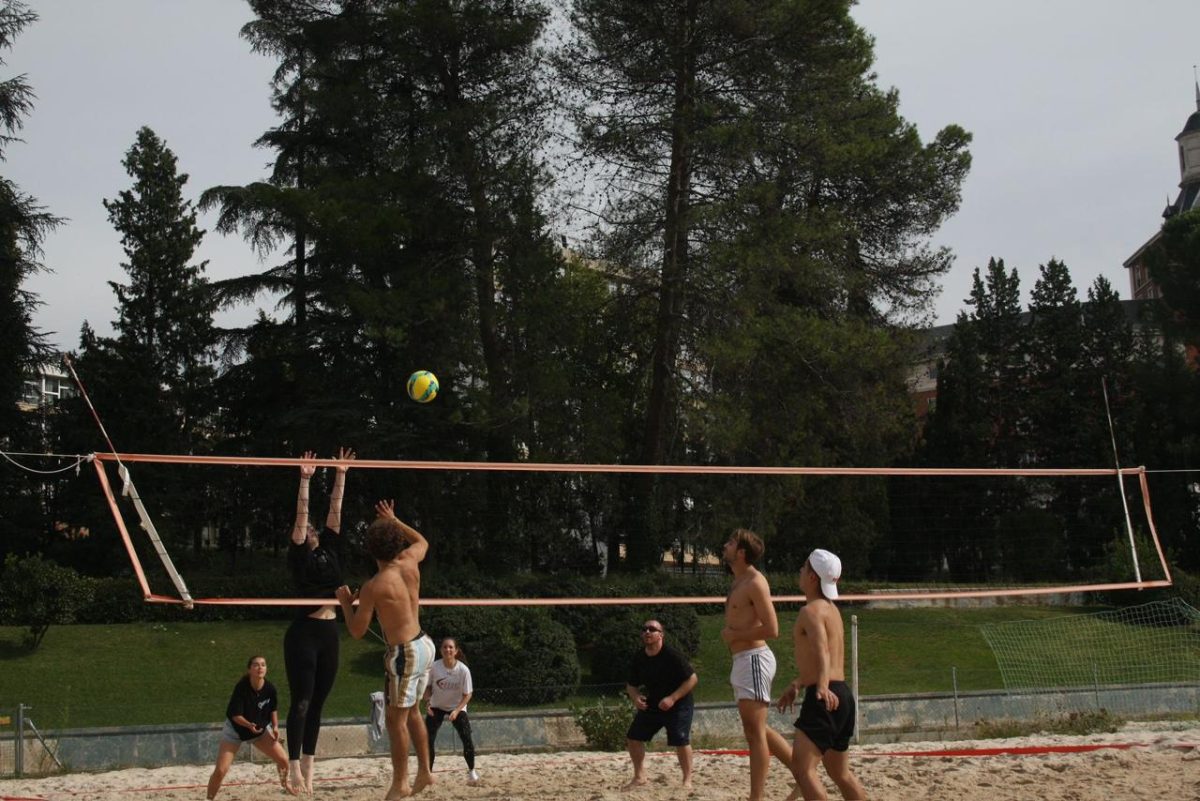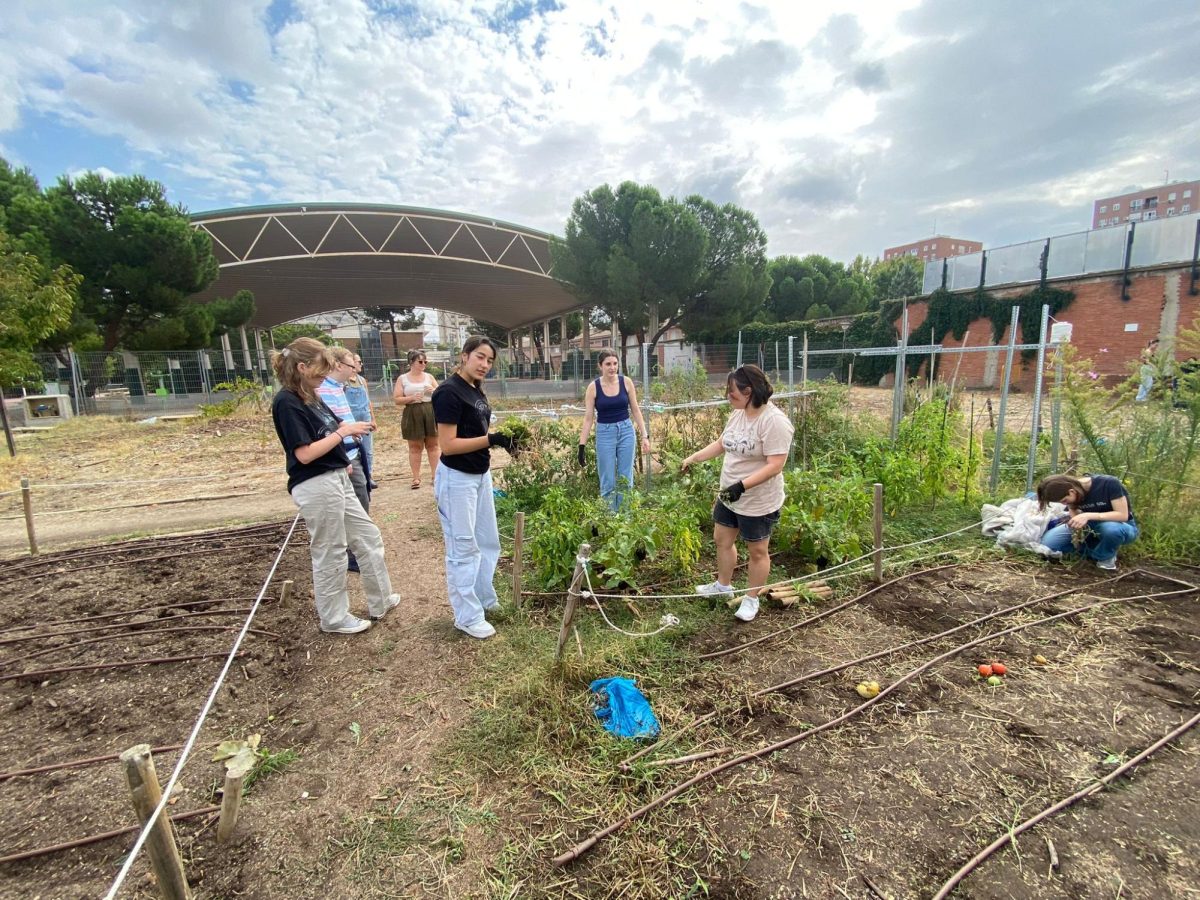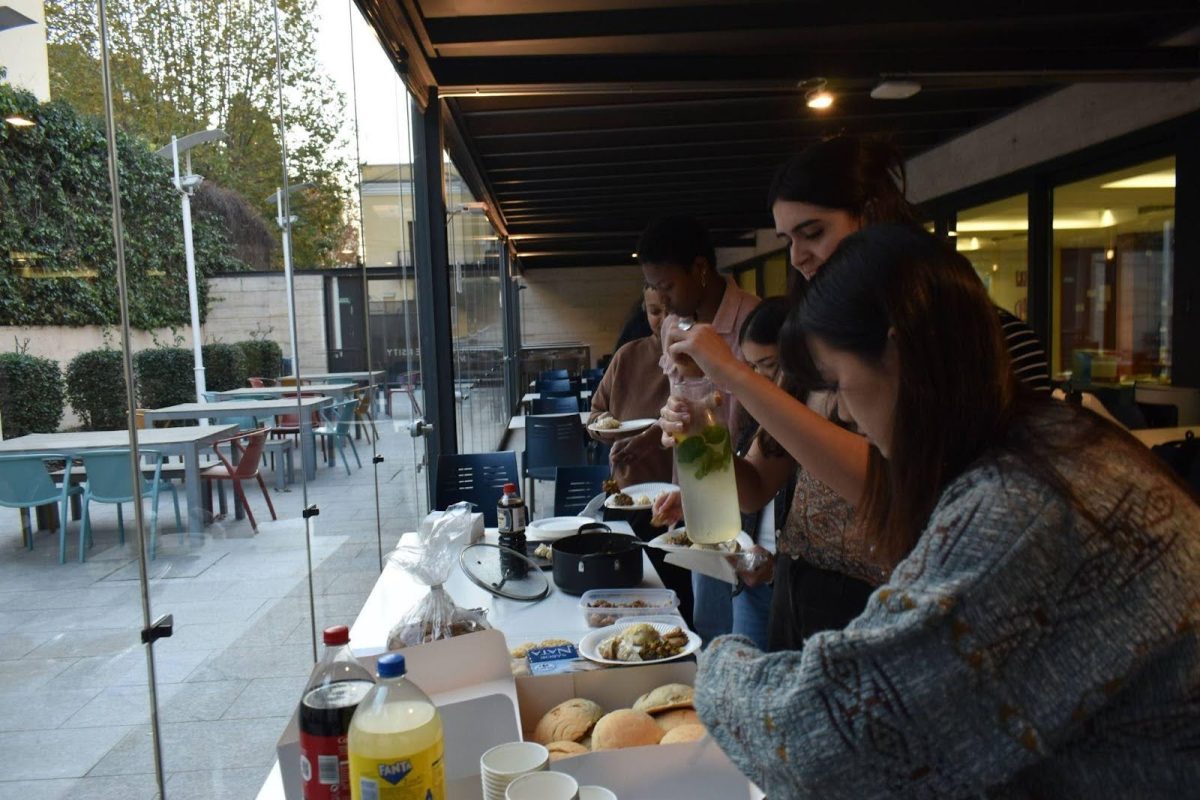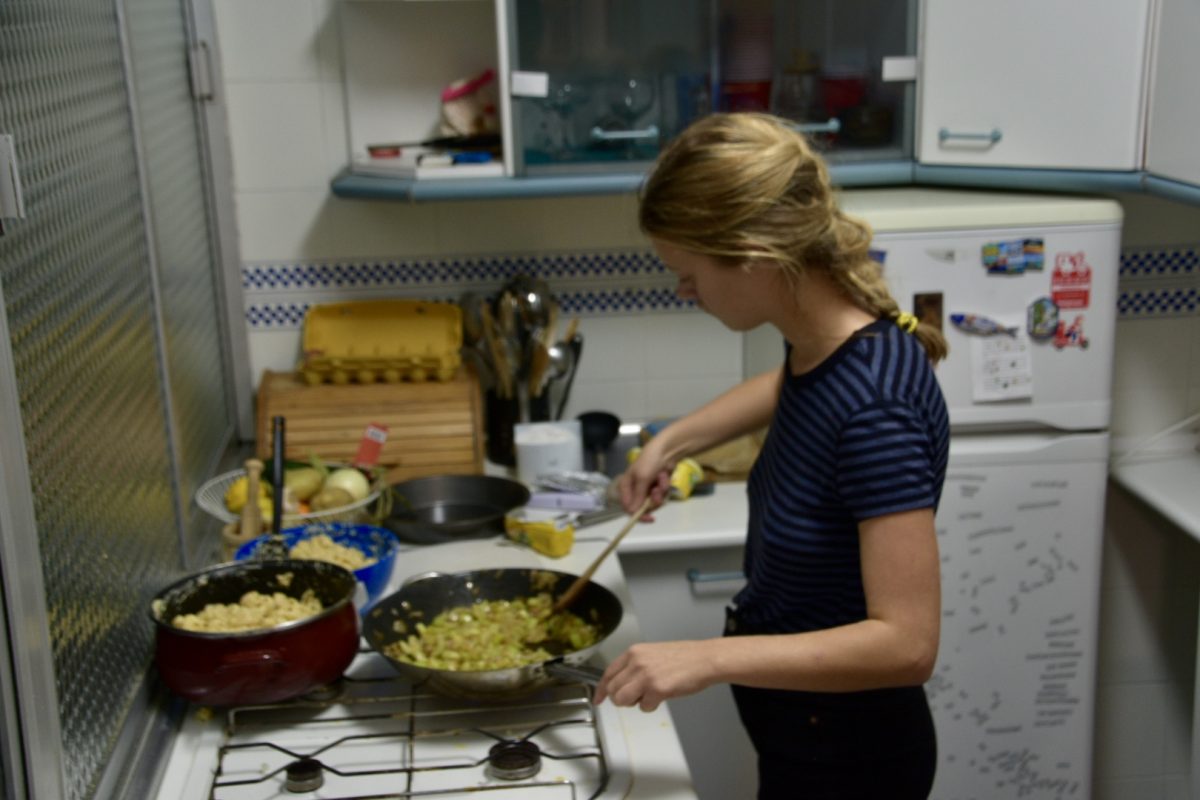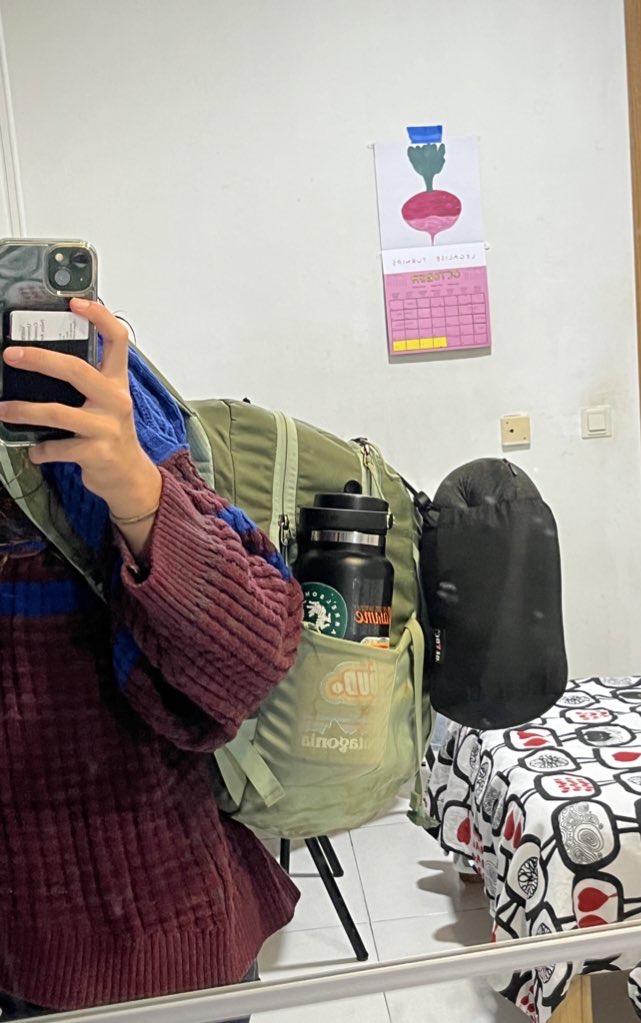Maya Arteaga sat at the dining room table at 20:30 hours – that is, 8:30 p.m. in Madrid’s usual 24-hour clock – with 10 girls and a host mom and a bowl of spaghetti with tuna. It was the first dinner of many during the semester, and Arteaga’s host mom, who speaks little English, had imposed the rule of only Spanish at the table.
“My native language is Spanish so I translate for my roommates,” she said.
Arteaga is one of many students’ abroad students who opt to live with a host family for their time abroad. At SLU-Madrid, the university administration recommends this experience also for incoming permanent students to help integrate into the culture and the language. Like other students, Arteaga was surprised at the food and her large living arrangements: she had 10 roommates, including a friend from University of San Francisco, and only two bathrooms. But for her, the host family experience improved her time abroad.
Akua Addo, a study abroad student from Chicago who lives with Arteaga, likes her host family and her roommates, but she did not understand Spanish when she first came to Madrid, making it hard on her to participate in the dinner conversation.
“I normally stay quiet at dinners,” Addo said.
Arteaga and her friend Natalia Contreras step in to help: “Half the time it is us talking to our host mom, and everyone else is quiet, and she will ask us to translate for her when we are having a conversation in Spanish,” Contreras said.
In this large host family, two of the 10 roommates had such a good time that they decided to stay another semester.
“I love Madrid and I wasn’t ready to go back to the states after one semester,” Kiara Luna, another roommate, said. “Our experience with our host mom did have an impact on our decision to stay. We felt so at home we already had that support from her to stay here.”
But not everybody is as happy with their homestay experiences. A junior at SLU-Madrid, who did not want her name used, said she feels like a stranger in her house. She lives with a host mom and three teen daughters, who often fight amongst themselves.
“There is a lot of screaming in the house and door slamming,” the student said.
She pulled out a video of her closed door, and through it, you could hear the loud screams of the teenage sisters fighting.
“I feel like I am invading their space,” she said.
But many host families form close bonds with their students.
“When my host mom was growing up, her family would host, and she just kept on doing it,” said Maddie Arch, who is studying abroad in Madrid from SLU-Missouri. Arch’s host family consists of five girls, her host mom, and the mom’s boyfriend. The couple is in their early 30s, and Arch says she thinks of them more as “older siblings” than substitute parents.
During their first week, the couple took them to school for orientation, and each night they have dinner together. Later in the semester, she said that she and her roommates were planning on surprising their host family as a form of saying thank you for the welcome environment they created.
“My roommates and I are planning on cooking for them something from our hometown,” Arch said.
Arch will remember her home as just that. “Right off the bat I just felt comfortable with them,” she said. “I can’t say enough. They are so cute.”
